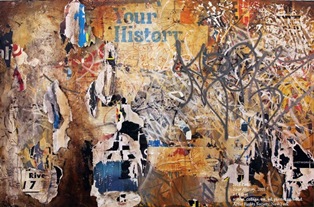Philoctete’s Healing: Echoes of Dante’s Purgatorio in Walcott’s Omeros
DOI:
https://doi.org/10.13130/2035-7680/9263Parole chiave:
Walcott’s Omeros, Dante’s Purgatorio, Philoctetes, Greek mythology, Colonial WoundM, Postcolonial HealingAbstract
A complex reading adventure is the one awaiting the reader of Omeros, a book-length poem published by Derek Walcott in 1990 and, with a title reminiscent of the Greek poet par excellence, an ideal text to talk about re-writings and re-readings of the Western literary tradition. As readers, we enter Omeros expecting a re-writing of the Odyssey. We find, instead, a text that recalls, in its structure, themes and prosody, Dante’s Commedia, in particular, the Purgatorio.
In our reading of Walcott alongside with Dante, we will concentrate on the character of Philoctete with whom Omeros begins and on the theme of healing that he embodies. While Philoctetes is a minor character in Homer’s Odyssey, Walcott’s appropriation of the Greek character in Omeros is enhanced by his reading of Dante. The theme of healing is pervasive in Walcott’s Omeros, but it is even more emblematic in Dante’s vision of repentance and salvation in the second cantica of his Commedia: the Purgatorio. Interestingly, in Walcott’s “postcolonial Purgatory,” Philoctete remains a minor character and is not turned into a postcolonial hero.
Our analysis will focus on the theme of healing, on the vision of history that is unlocked through a comparison between the authors’ worlds, and on Dante’s and Walcott’s creative use of terza rima, the aspect of the poems that – before anything else – brings them together.
Downloads
Dowloads
Pubblicato
Come citare
Fascicolo
Sezione
Licenza
Copyright (c) 2017 Altre Modernità

Questo articolo è soggetto a licenza Creative Commons Attribution-NonCommercial-NoDerivatives 3.0 International License.




